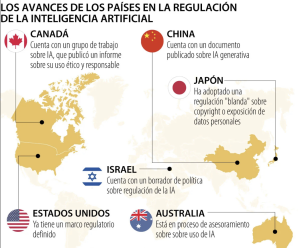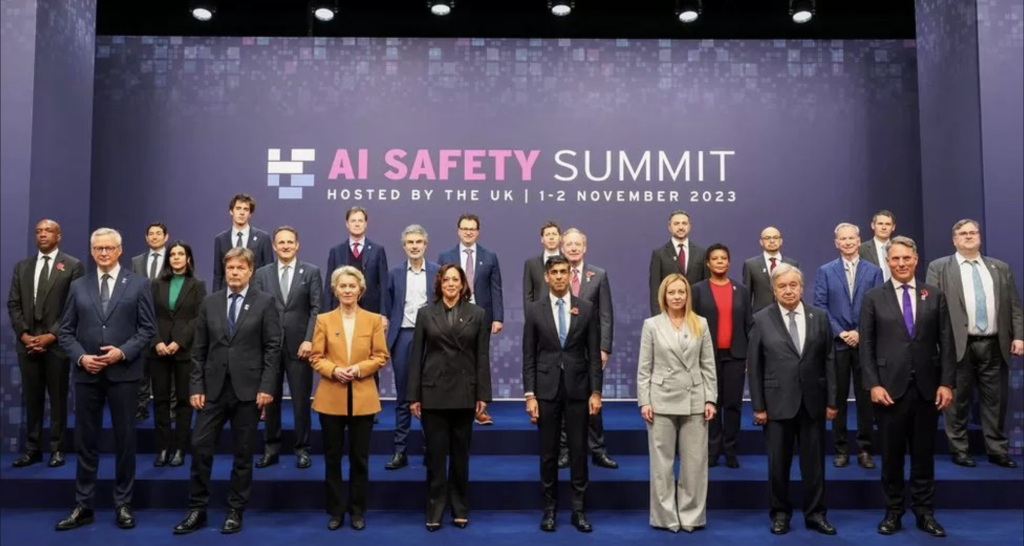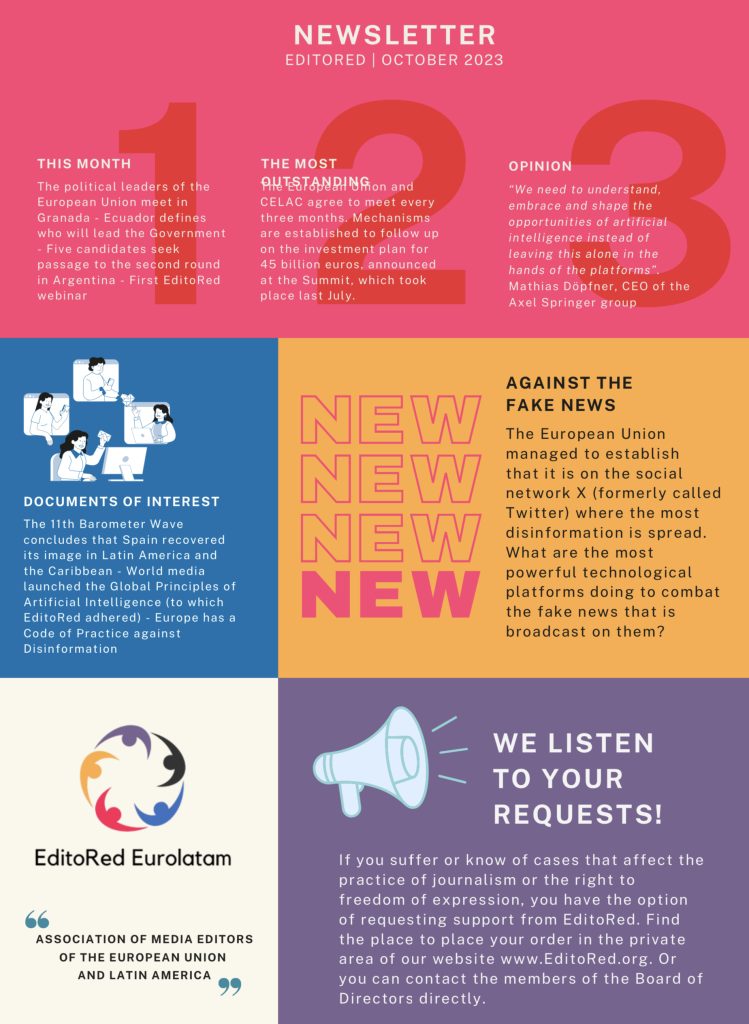
THIS IS HOW COUNTRIES AROUND THE GLOBE ARE RACING TO REGULATE ARTIFICIAL INTELLIGENCE
The countries and economies of the world are in a race to regulate artificial intelligence. Whoever does it first, as analysts say, will have the lead in one of the markets that is likely to dominate the world.
At the moment, the European Union, the United States and the G7 countries are in the midst of hotly debated bills to regulate this new technology, each with different proposals. This, in a need to control the disruption this poses to social norms, entire industries and the course of technology companies, given the impacts of new technologies such as ChatGPT.
In countries around the world, although the list in general is not large, there are already names in the race. Here we find China, Canada and Israel as the countries with the greatest advances in legislation. The U.S. will join this group once it formally publishes its regulation.
If we talk about the region, Brazil, Chile and Peru are the ones leading the regulation of artificial intelligence. But 11 out of 12 Latin American countries are already in the same race, including Colombia. For experts on the subject such as Adalberto José García, cybersecurity consultant at Control Risks, “most of the population views these advances with fear, many consider that jobs could be replaced by new technologies, which represents a challenge”.
China was the first in the globe to regulate aspects of AI, with several updates, such as finally deciding to ease the “strong hand” on tech giants and apply the regulation on companies in general, but excluding research institutions or intended for foreign users. The Asian country also abolished punitive measures, which included fines of up to US$ 14,027 in case of infringement. In itself, China’s policies include that AI service providers conduct security reviews and register their algorithms with the government, that they warn which content is AI-generated, and that AI programs must be trained to obtain their source data without infringing on the intellectual property of third parties.
In other cases, Japan has already adopted “soft” regulation on copyright or personal data exposure. Israel has a draft policy on regulation and Canada has a working group that published a report on its ethical use. This group will be joined by the United States, which already has a regulation in place, issued by Joe Biden.This requires developers of AI systems that pose national risk to share the results of security testing with the government. And it calls for the development of “best practices” for occupational injuries.
All this in an industry that is growing. Private investment in AI in 2022 in the world was US$190 million, of which US$8.2 billion went to Latin America.
PROGRESS MADE BY THE LATIN AMERICA IN ITS COMMITMENT TO AI
According to the Latin American Artificial Intelligence (AI) Index led by the Economic Commission for Latin America and the Caribbean (ECLAC) and Cenia, Brazil, Chile and Peru are the most advanced countries in the region in terms of regulation, mostly on data and cybersecurity issues. Chile already has a regulatory document. Brazil already has data protection, information crime and cybersecurity regulations in place. And Peru already has a specific regulation for this technology. Colombia has a data protection law.
This article was originally published in the Colombian newspaper La República.



